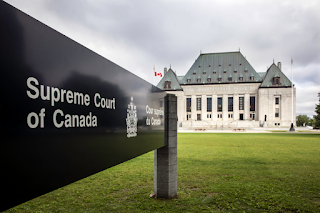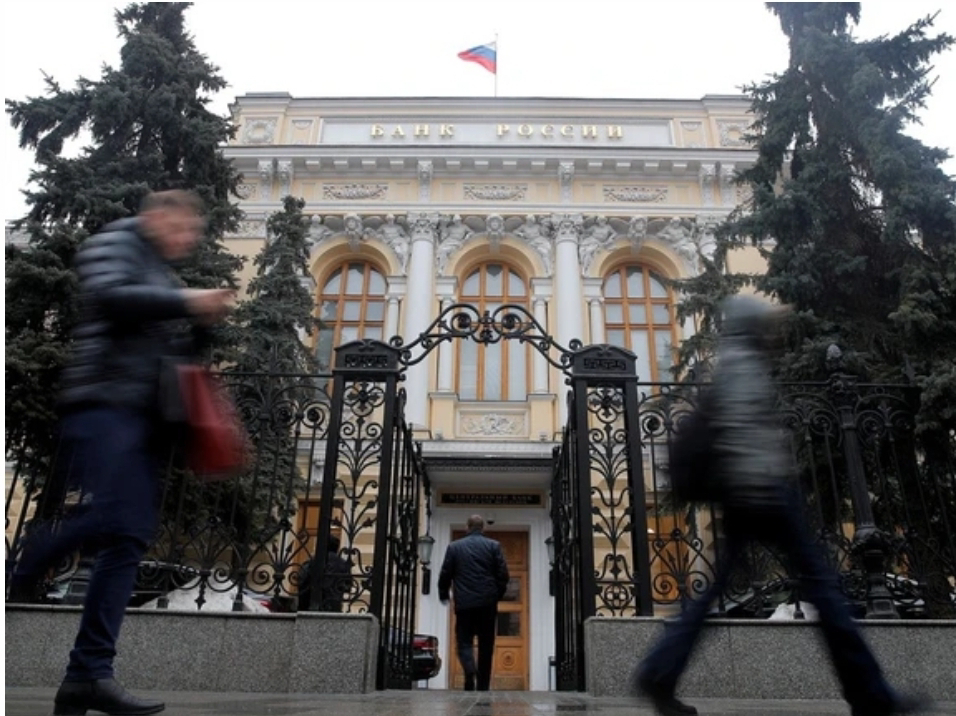Federal Court to hear election challenge
Tue., June 23, 2009.
OTTAWA -- The Federal Court of Canada is to hear arguments against the election call last fall by Prime Minister Stephen Harper.
Democracy Watch, a citizens' group that monitors ethics in government, is scheduled to argue before the court on Sept. 8 that Harper violated his own legislation by calling the election before he'd served four years in office.
A Federal Court prothonotary ruled Oct. 3 -- in the midst of the campaign -- that there was not enough time for a judge to hear the case before the election 11 days later.
Democracy Watch was seeking an order that the decision to dissolve Parliament and call an election violated new measures in the Canada Elections Act.
The group says Bill C-16 set fixed election dates every four years unless a minority government like Harper's is defeated by a non-confidence vote.
Democracy Watch is seeking a ruling that Parliament's dissolution and the election call were illegal in hopes that would prohibit future political manoeuvring and manipulation.
The group says Harper's election call violated Section 3 of the Charter of Rights and Freedoms, which the Supreme Court of Canada has ruled includes the right to fair elections.
"Overwhelming evidence shows that the intent and effect of the fixed-election-date measures prohibits the prime minister from calling an election before his governing party has lost a confidence vote in the House of Commons," said group co-ordinator Duff Conacher.
"The clear intent of the ... measures is to make elections fair for all political parties and citizens wanting to participate in the election by letting everyone know well in advance when it will happen."
It's not clear what effect, if any, a favourable ruling would have on the last election. Conacher says his group is prepared to challenge Harper again if the prime minister decides to call a snap election this summer.
Parliament passed the Elections Act amendments on Nov. 6, 2006, nearly 10 months after Harper won his first minority.
The new law required a general election on the third Monday in October in the fourth calendar year after the previous vote. That would have set the first federal election for this coming Oct. 19.


Komentar